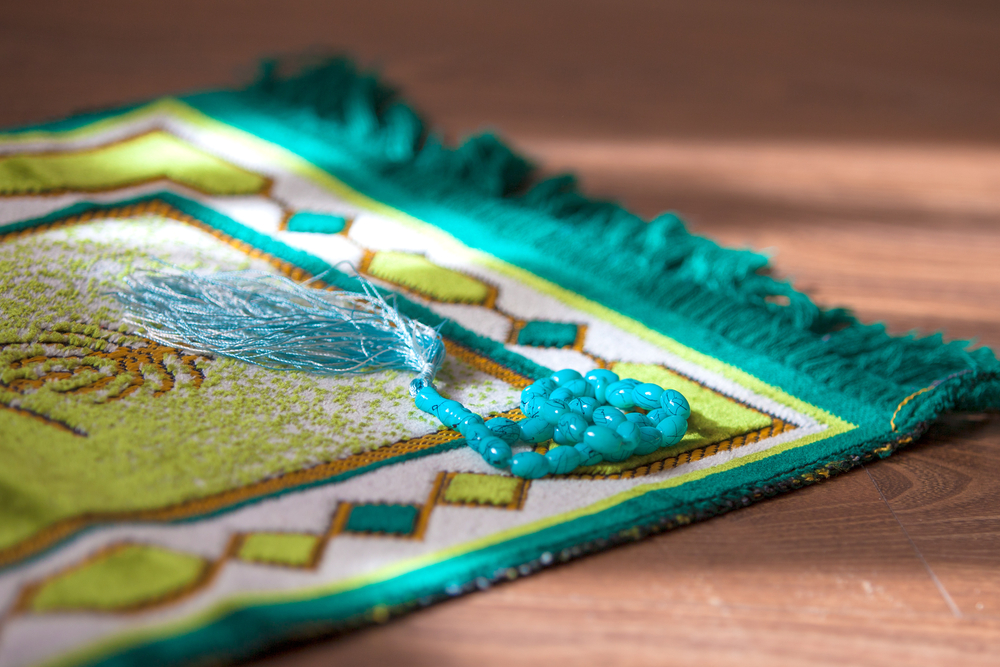Should I Repeat My Prayer after Hearing a Delayed Azan?
Answered by Ustadh Sufyan Qufi
Question
So I prayed Maghrib based on the time on an app on my phone, but the Azan was called after I finished my prayer, should I repeat my prayer?
Answer
In the name of Allah, Most Compassionate, Most Merciful,
I pray this finds you in the best of states.
No, you don’t have to repeat the prayer because you have ensured, by using your app, that the prayer time has entered before starting to pray. [Shurunbulali, Maraqi al-Falah]
It is very common that the Azan given in mosques is slightly delayed from the real beginning of the prayer time. Thus there is no relation between the entry of the prayer time and the Azan of your local mosque.
And what counts for the validity of your prayer is the entry of the prayer time, not the Azan of your local mosque.
In Practice
Practically, you simply have to check the time before starting to pray. When the time is in, you can start praying.
After having prayed as described above, you can assume the prayer time was in, even if you are affected by doubts.
This is based on the following legal principle:
“Certainty is not lifted by a doubt.”
[Ibn Nujaym, al-Ashbah wa’l Nadha’ir; Majallat al-Ahkam al-‘Adiliyya]
This means that if one is certain about something, such as the validity of our worship, with this being the basic assumption for all human actions, then we will keep assuming it is valid until certain that it was not. Mere possibilities and even likelihoods do not change this.
Legal Basis
An obligatory prayer performed before its time is indeed invalid. Praying despite having doubts on whether the time of the prayer has entered or not renders this prayer invalid. This is the case even if the time has indeed really entered. One must be sure that the time of the prayer has entered in order to be able to pray a valid prayer. [Shurunbulali, Maraqi al-Falah]
Allah, Most High, says: “Indeed, performing prayers is a duty on the believers at the appointed times.” [Quran, 4:103]
Nonetheless, reaching complete certainty that the time has entered is not a condition for the validity of the prayer. When the Hanafi jurists say that one must be sure that the time of the prayer has entered, they merely mean that one is confident that the time has entered. What is meant by this is that if you have a strong belief that the prayer time has entered, it is enough for you to be able to pray a valid prayer. [Tahtawi, Hashya ‘ala Maraqi al-Falah; ‘Ala al-Dine Abidin, Hadiya ‘Alahiya]
And Allah knows best.
Wassalam
[Ustadh] Sufyan Qufi
Checked and Approved by Shaykh Faraz Rabbani
Ustadh Sufyan Qufi is an advanced seeker of knowledge, originally from Algeria, who grew up in France. He began searching far and wide for answers to the fundamental questions of life and was disappointed at the answers he found. Then he connected with various traditional teachers and gradually connected with SeekersGuidance. He embarked on his journey of learning through the various teachers at SeekersGuidance, including his mentor Shaykh Faraz Rabbani. He studied numerous texts in Islamic Law, Theology, Hadith, and other areas with Shaykh Faraz Rabbani and other teachers, including Shaykh Abdurrahman al-Sha‘ar, Shaykh Ali Hani, and others. He is an active instructor at SeekersGuidance and answers questions through the SeekersGuidance Answers Service.
